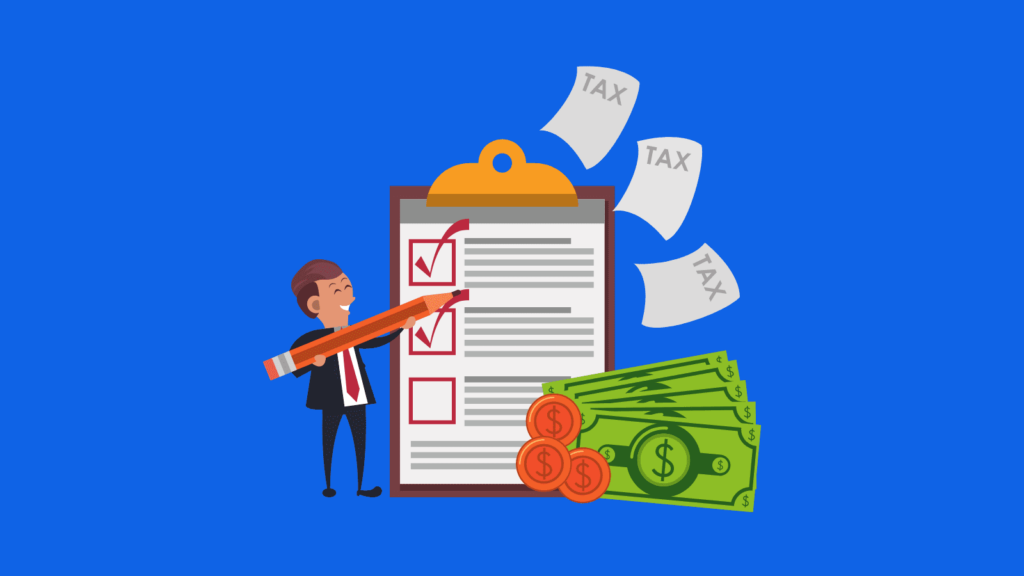The Self-Employment Tax Rates for Michigan in 2022
December 9, 2022

peakreliance
Accounting, Bookkeeping, Taxes
Self-Employed Tax Rates in Michigan tend to be the highest in the country. Unless you have a very large company, chances are you’ll need to pay income taxes on some of your earnings as well. Fortunately, there are various ways you can reduce your tax bill so that you end up paying less. In general, self-employment taxes fall into three main categories: social security and Medicare taxes; self-employment tax (SE tax); and excise taxes. Let’s take a look at how those differ and what each of them costs you in terms of money.
Social Security and Medicare Taxes for Self-Employed Taxpayers in Michigan in 2022?
The amount you pay in Social Security and Medicare taxes as a self-employed taxpayer in Michigan in 2022 will depend on your income and how much you pay as a percentage of income. How you prepare for these taxes can affect how much you pay and, thus, how much your taxes decrease. There are a few things you can do to ensure a lower tax burden as a self-employed taxpayer in Michigan in 2022.
Self-Employment Tax (SE tax) for Self-Employed Taxpayers in Michigan in 2022
The most important thing you can do is find a lower-paying job. This may seem obvious, but it’s easy to get distracted by all the new opportunities that come with self-employment. Often, the best way to start looking for a new job is to get your current one filled out and transferred to a new position. Once you’ve found a new job, make sure you let your new employer know that you’re interested in moving. This could be the perfect opportunity to start looking for a new job.
SE Tax for Self-Employed Taxpayers in Michigan in 2022
On the surface, the idea of paying taxes on earnings from a new business might sound like a good thing. After all, you’re not just paying taxes on your income, you’re also paying taxes on your profits. However, the reality is that in most cases, the amount of income tax you pay as a self-employed taxpayer in Michigan in 2022 will be lower as a percent of your income if you’re single and not married. In fact, solo practitioners in Michigan are required to pay a 0% flat rate on their income from January 1, 2022, through December 31, 2022. This flat rate applies regardless of whether you’re the primary or a sublessor in a business. Thus, the only person who pays taxes on income from a sublicensed business is the person who owns the business. That person is the taxpayer. As a solo practitioner, you’ll pay income taxes on your worldwide income just like anyone else, regardless of where you live. Thus, in 2022, if you’re single and not married, you’ll pay income taxes on the worldwide income of $0, $5,000, or $10,000, respectively.
Excise Taxes for Self-Employed Taxpayers in Michigan in 2022
You’re likely familiar with excise taxes, which are levied on specific products or services and then collected as a tax. In the case of excise taxes, you’re actually required to pay the tax even though you don’t typically consider yourself a consumer of the product or service in question. For example, a retailer may determine that the price of alcohol purchases made by its employees and/or contracted workers is too high and impose an excise tax on those purchases. The retailer then may ask the government to collect the tax as a tax on the entire population, as opposed to a select group of consumers. The excise tax is then collected as a tax on the entire group of people who are not paying the higher price for alcohol. Similarly, an employer may decide to impose a retirement plan tax on their employees who are required to contribute to that plan. The tax is then collected as a tax on the entire group of people not just the individuals who are required to contribute.
Conclusion
The amount you pay in taxes as a self-employed taxpayer in Michigan in 2022 will depend on a number of factors, including your income and the amount of taxes paid as a percent of income by other taxpayers in your industry. There are a few things you can do to lower your tax bill as a solo practitioner in Michigan in 2022. Find a lower-paying job and don’t let yourself get distracted by all the new opportunities that come with being self-employed.
Need help with your self-employment taxes in Michigan? Contact us at +1 (718) 218-5558 or hi@peakreliance.co to learn more about our services and get expert assistance with your tax obligations.
Post Tags :
Self Employment Taxes
About Us
Empowering small businesses and individuals with efficient and reliable bookkeeping & tax services.



















